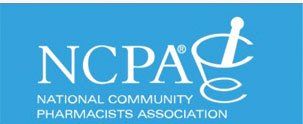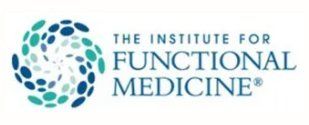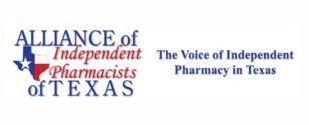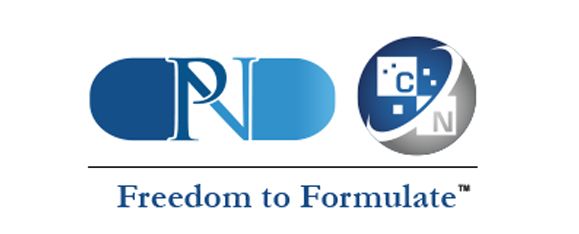Mon-Fri 9am - 6pm l Saturday 10am - 2pm l Sunday Closed
Do Vaccines Cause Autism?
Autism is a disorder in brain development that affects social interaction and communication, both verbal and non-verbal. Autistic children tend to be unresponsive to people and focus on one item or interest for long periods of time. Also, they may express repetitive behavior, such as body rocking, stacking items, or a need to stick to a daily routine. The condition affects 1-2% of children, and signs usually develop within the first two years of age. The cause of autism is unknown but has been associated with genetics and environmental factors during the fetal development stage of pregnancy. Research is constantly being done to find a cause and ways to help those affected improve social and language skills.
The MMR (measles, mumps, and rubella) vaccine is initially given to children around the age of 12-15 months. This is a big reason why there is a suggested link between administration and autism. The shot is given around the same time signs are seen and the diagnosis is made. Research suggests that this is more likely coincidence than a cause.
The discussions and worries over vaccines causing autism started and became widespread in 1998 when The Lancet , a British medical journal, published a research paper that described 8 children who presented with symptoms within 1 month of receiving the MMR vaccine. Because of this publication and the public concern, health and safety agencies in Europe and the United States conducted many studies to examine the evidence presented and concluded that there is no link between vaccines and autism. Researchers looked at people who have received the vaccine and individual ingredients that may be the cause and have made no connection. The original paper was discredited and retracted in 2010 showing that the data and the methods of obtaining the data were flawed and there was no supporting evidence. The authors chose specific data to help their argument and published fraudulent information. It was discovered that lawyers who were looking for evidence to use against vaccine manufacturers funded the authors.
Since the first paper in 1998, there has been a significant decrease in number of vaccines administered. Some reports say the amount given in Britain dropped by as much as 20% and the incidences of measles increased by nearly as much. This drop in vaccinations has not affected the cases of autism.
In conclusion, there is no evidence that suggests vaccines cause autism.
For Additional Information Call Us Today @ (972) 329-1168


Hours of operations:
Mon-Fri 9am - 6pm l Saturday 10am - 2pm l Sunday Closed

Located @ 3224 Gus Thomasson Rd - Mesquite, TX 75150
HIPPA Privacy Policy - Serving the Entire DFW Area - Design & SEO by Ozment Media




